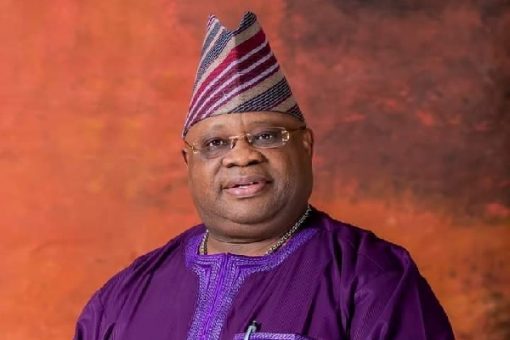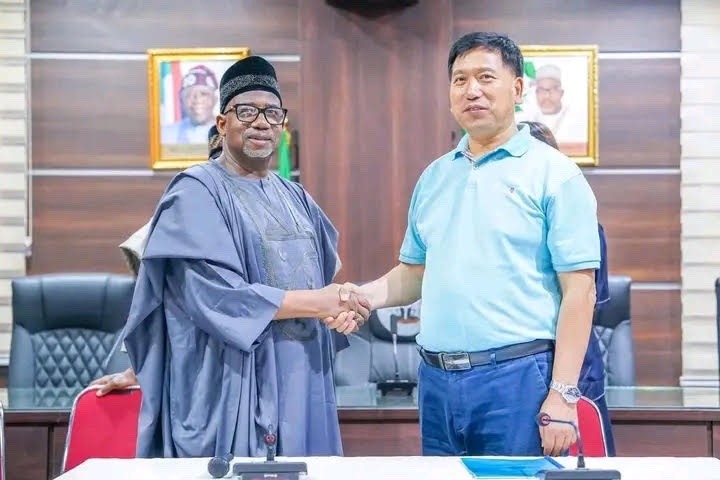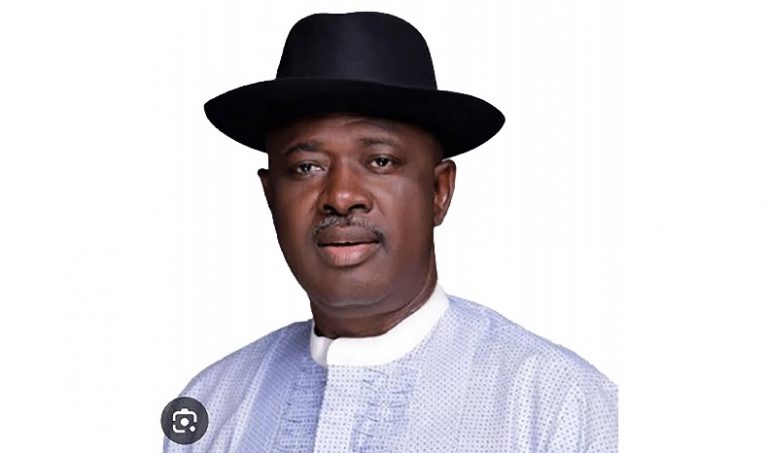Governor Ademola Adeleke of Osun State has clarified that his administration does not operate the traditional security vote system commonly practiced in Nigeria, insisting that security funding in the state is handled strictly through the budgetary process.
A statement issued on Friday by his spokesperson, Olawale Rasheed, explained that the governor deliberately chose not to adopt what he described as the controversial “slush fund” approach associated with security votes. Instead, Adeleke emphasized that all spending on security is carried out within the framework of public finance laws and regulatory guidelines.
According to the statement, security expenditures in Osun are clearly itemized and accounted for through statutory procedures. These include operational support for security agencies stationed in the state, funding of emergency operations to quell communal crises, assistance for community peace-building efforts, and financing of the state’s local security outfit, Amotekun. The governor noted that all these activities are subjected to proper memos and approvals under the government’s payment processes.
Adeleke explained that his refusal to operate a security vote stems from his determination to eliminate avenues for unmonitored spending and misuse of public resources. He insisted that every allocation in his government must be tied to verifiable needs and subjected to due process. He acknowledged that this approach has sometimes attracted resistance but maintained that he would rather uphold transparency than indulge in questionable practices.
“I am proud to declare that the Osun State Government under my watch does not operate a slush fund that our media friends call security votes,” the governor said. “Our security needs are met through the statutory approval process. I face resistance over this policy, but I stick to it even at great cost.”
The governor explained that his decision was also influenced by the financial realities he met upon assuming office in November 2022. He disclosed that the state faced significant developmental challenges and inherited debts, which made it necessary to account for every kobo of revenue. Adeleke argued that Osun’s earnings, whether from federal allocations or internally generated revenue, must be carefully managed to meet competing obligations.
He stressed that available funds have been channeled toward critical sectors such as infrastructure, agriculture, and healthcare, alongside the payment of workers’ salaries, pensions, and outstanding arrears. According to him, the administration has had to maintain a delicate balance between human capital development and infrastructure expansion, ensuring that neither sector is neglected despite financial limitations.
Adeleke highlighted that within less than three years of his administration, records of prudent financial management have been recognized and verified by both local and national stakeholders. He pointed to ongoing reforms and project implementations as proof that the state’s resources are being directed toward visible and impactful initiatives rather than being siphoned off under loosely defined security expenditures.
The governor’s stance reflects a sharp departure from the norm in Nigerian governance, where security votes are a standard practice. In many states, security votes are discretionary funds set aside for governors to address security-related issues, often without strict oversight. Critics have long described the practice as a loophole for corruption, given the lack of transparency and accountability attached to such funds.
By choosing not to maintain a security vote, Adeleke has positioned his government as one that emphasizes accountability and financial discipline. Supporters of the policy say it sets a positive example for other states, demonstrating that security can still be effectively funded within established financial regulations. However, skeptics argue that the absence of a flexible security fund could limit the government’s ability to respond swiftly to emergencies requiring immediate intervention.
Despite these concerns, Adeleke has remained firm in his position, reiterating that Osun’s approach ensures that public funds are safeguarded and citizens can track how money is spent. He added that his administration’s achievements in managing finances under strict guidelines have strengthened public trust and enhanced the credibility of his government.
The governor concluded by reaffirming his commitment to sustaining the no-security-vote policy for the remainder of his tenure. He emphasized that every expenditure, whether for security or development, would continue to pass through the statutory processes, aligning with his broader agenda of responsible governance.





